Edinburgh's giant pandas may 'return to China' over Covid losses
- Published
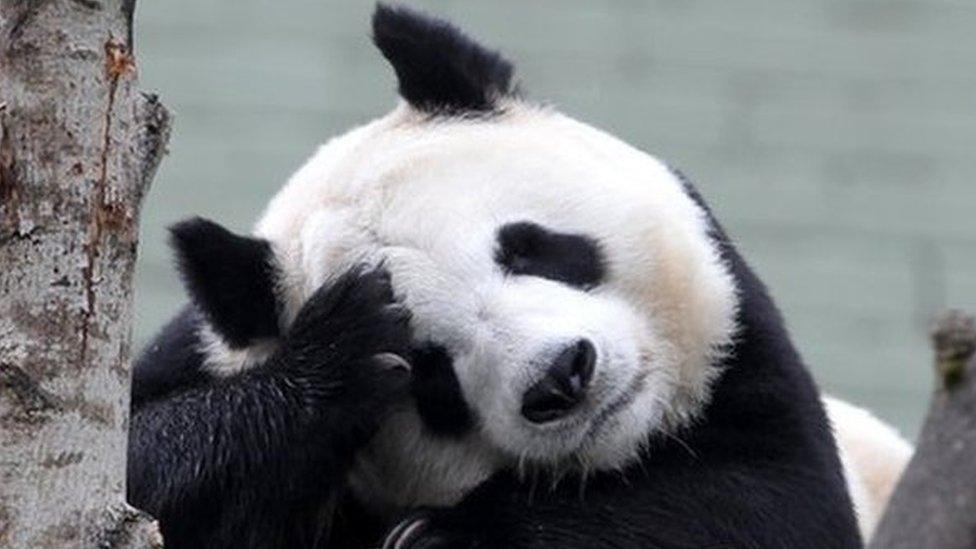
Tian Tian arrived in Scotland, along with Yang Guang, from China in 2011
Edinburgh Zoo's giant pandas may have to return to China next year because of financial pressures.
Yang Guang and Tian Tian cost about £1m a year to lease from China.
The zoo, which had hoped to breed the pair, is nearing the end of its 10-year contract with the Chinese government and may be unable to renew the deal.
Covid lockdown closures led to a £2m loss for the Royal Zoological Society of Scotland, which runs Edinburgh Zoo and the Highland Wildlife Park.
David Field, chief executive of the society, said the charity would have to "seriously consider every potential saving", including its giant panda contract.
Mr Field said closures had had a "huge financial impact" on the charity because most of its income was from visitors.
"Although our parks are open again, we lost around £2m last year and it seems certain that restrictions, social distancing and limits on our visitor numbers will continue for some time, which will also reduce our income," Mr Field said.
"Yang Guang and Tian Tian have made a tremendous impression on our visitors over the last nine years, helping millions of people connect to nature and inspiring them to take an interest in wildlife conservation.
"I would love for them to be able to stay for a few more years with us and that is certainly my current aim."
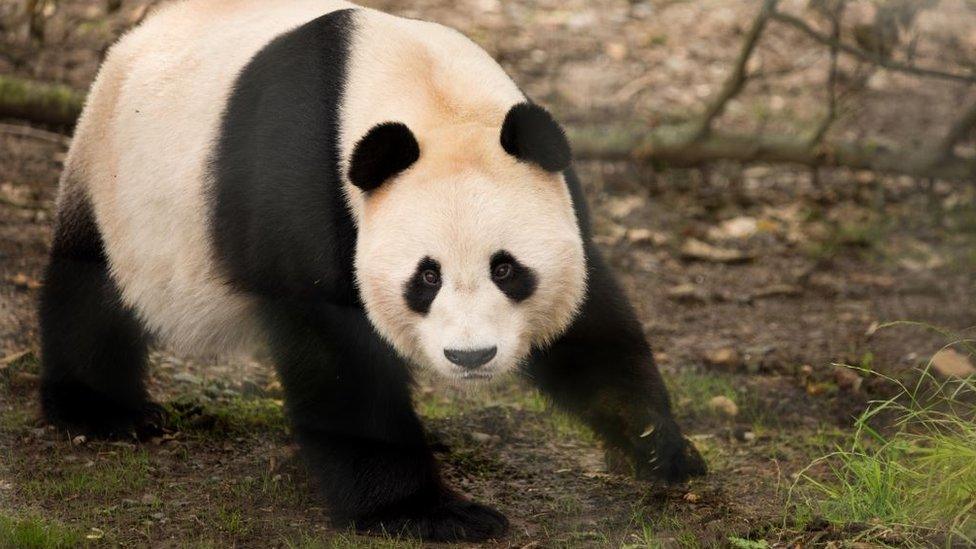
Yang Guang was given a new enclosure in 2019
The zoo has already taken a government loan, furloughed staff, made redundancies and launched a fundraising appeal, but was not eligible for the UK government's zoo fund, which was aimed at smaller zoos.
"The support we have received from our members and animal lovers has helped to keep our doors open and we are incredibly grateful," Mr Field added.
"At this stage, it is too soon to say what the outcome will be. We will be discussing next steps with our colleagues in China over the coming months."
The zoo is part of a number of conservation projects, including one to reintroduce Scottish wildcats.
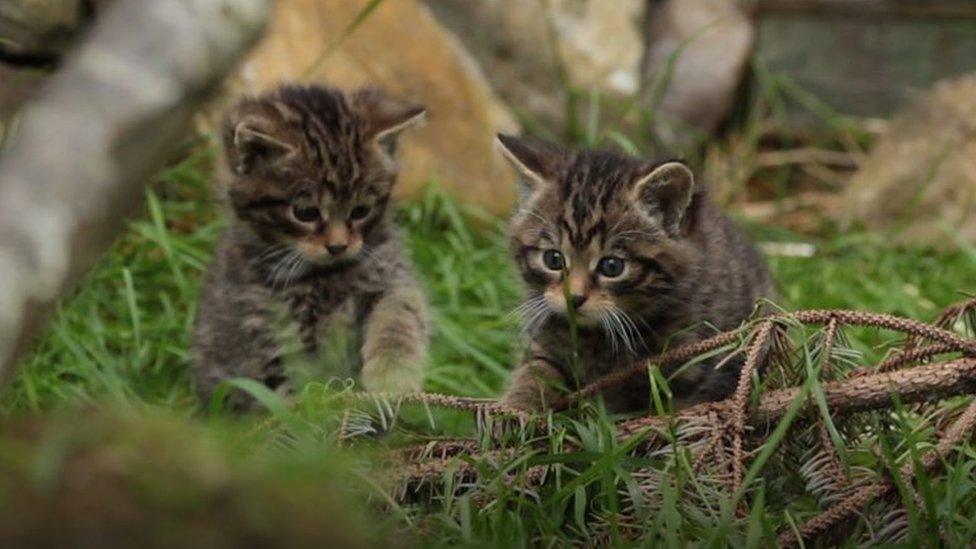
Work to reintroduce Scottish wildcats in to the Highlands may also suffer from the Zoo's funding problems
However, Mr Field said projects like that may also have to be scrapped because of Brexit and being unable to apply for grants from the European Union.
"We received a £3.2m grant from the EU Life programme to support our Saving Wildcats partnership project, which aims to restore wildcats in Scotland by breeding and releasing them into the wild.
"Wildcats are on the brink of extinction in Britain and this is the last hope for the species' survival."
He added: "As we are no longer part of the European Union, our charity is no longer eligible to apply for funding from programmes like EU Life, which have proven critical for our wildlife conservation work and wider efforts to protect animals from extinction."
'Vital lifeline'
Edinburgh Zoo's conservation genetics laboratory, which supports conservation projects around the world, has lost access to both funding and other researchers as a result.
It also faces challenges around moving animals, many of which are part of European endangered species breeding programmes.
The programme is currently about £900,000 short, meaning it may have to be cancelled.
Mr Field said: "We still need to reduce costs to secure our future. It may be that some of our incredibly important conservation projects, including the vital lifeline for Scotland's wildcats, may have to be deferred, postponed or even stopped."
- Published18 December 2020
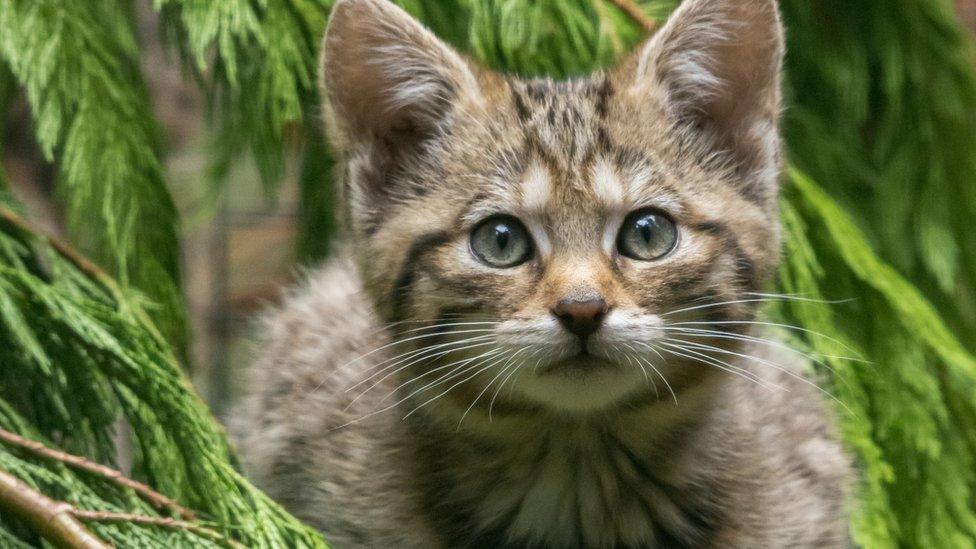
- Published24 April 2020
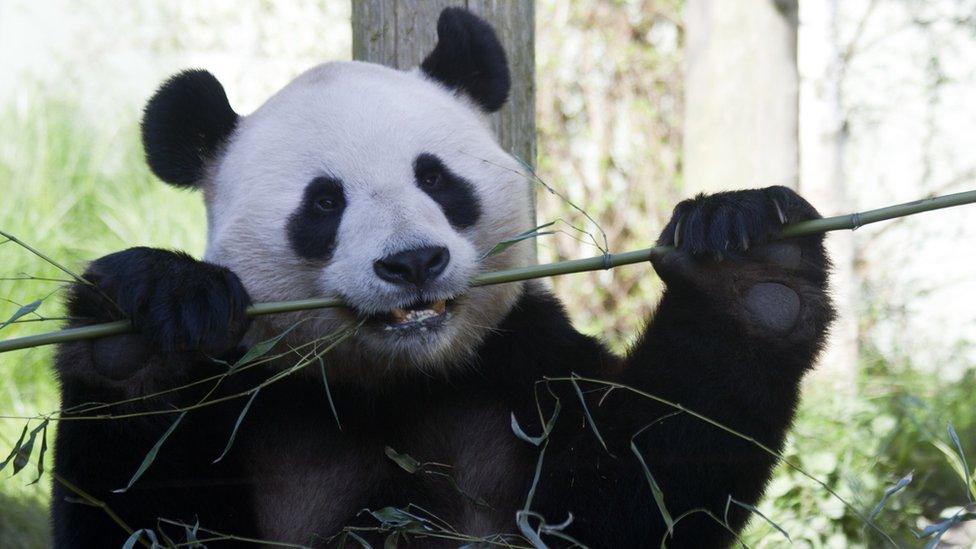
- Published9 September 2019
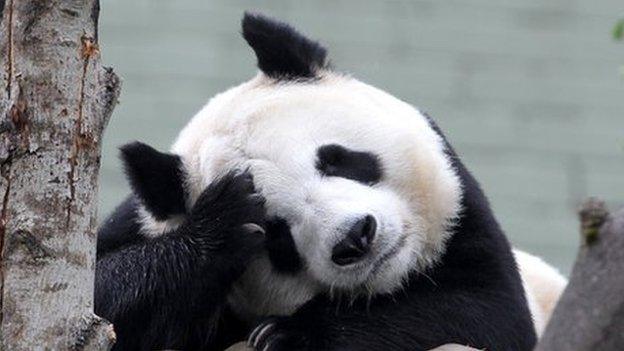
- Published4 January 2019
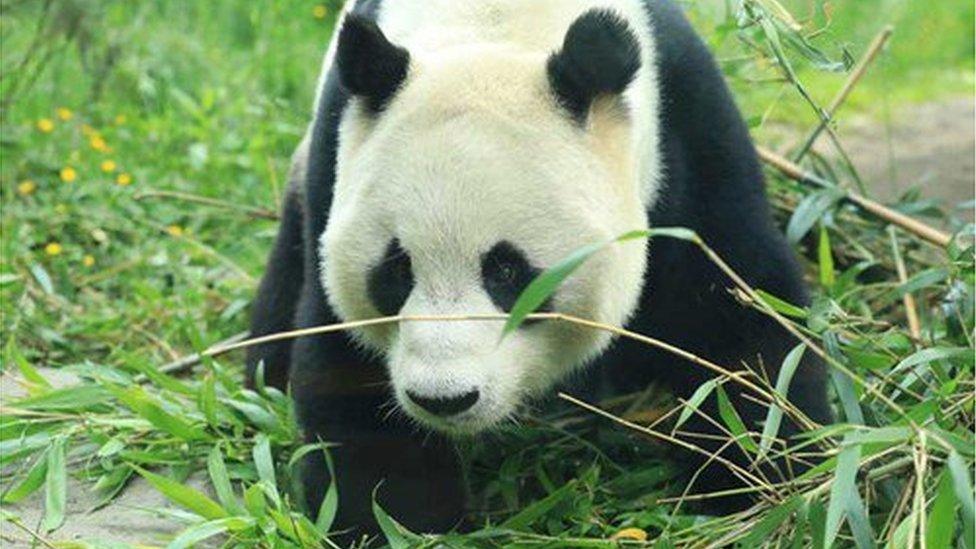
- Published12 March 2018

- Published11 September 2017

- Published13 September 2017
